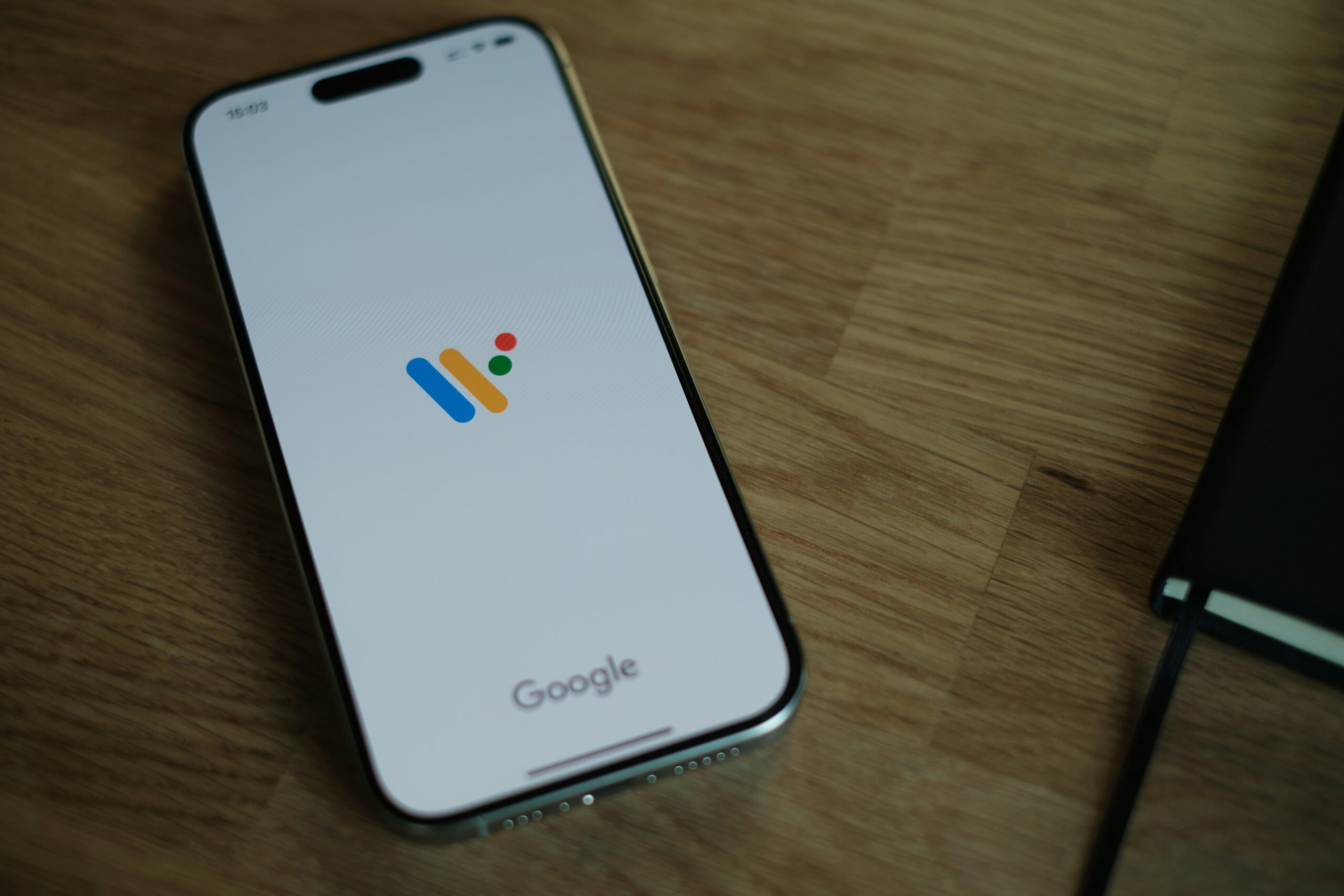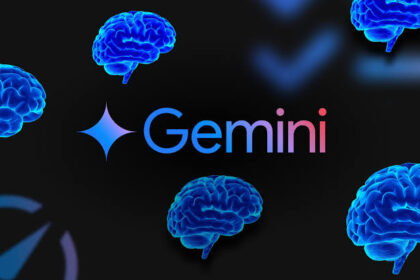Google is rolling out new AI-powered features in its Translate app aimed at making language learning and cross-lingual conversations more natural. The update, announced Tuesday, introduces an experimental language practice tool and expanded live conversation capabilities for users worldwide.
The practice feature is designed for both beginners and advanced learners. Users can set their skill level and goals, after which Translate generates personalized listening and speaking sessions. Exercises range from tapping words heard in sample conversations to practicing spoken phrases, with progress tracked daily. Google positions the update as a direct challenge to Duolingo, the popular gamified learning platform.
Related: Google’s Gemini 2.5 Flash Brings Smarter AI Image Editing.
The beta rollout starts on Android and iOS for English speakers learning Spanish and French, and for Spanish, French, and Portuguese speakers learning English.
Alongside practice tools, Translate is also getting upgraded live translation. Users can now have two-way conversations across more than 70 languages, including Arabic, French, Hindi, Korean, Spanish, and Tamil. The app identifies pauses, accents, and intonations to make dialogues flow more naturally. Thanks to Google’s speech recognition models, it can filter out background noise, making it usable in loud spaces like airports or restaurants.
The live features launch Tuesday in the U.S., India, and Mexico.
“These updates are made possible by advancements in AI and machine learning,” Google wrote in a blog post, noting that its Gemini models have significantly improved translation quality, multimodal processing, and text-to-speech. Google says users translate about 1 trillion words across Translate, Search, Lens, and Circle to Search each year, a figure it expects to grow as new tools reduce global language barriers.







